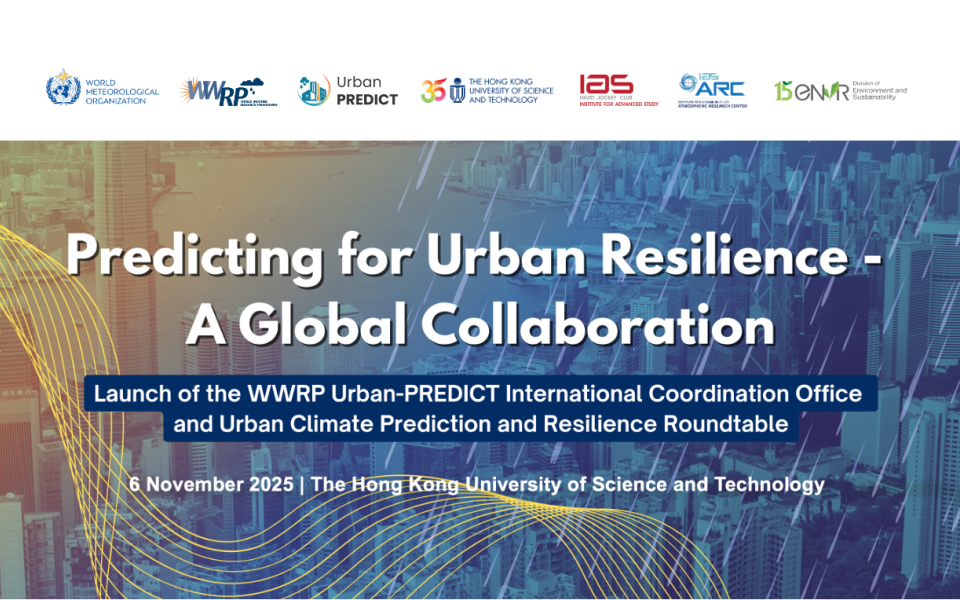EVENT HIGHLIGHT VIDEO
Discover the Future of Urban Climate Resilience
As climate change intensifies, cities around the world — particularly in Asia, where population densities are highest — face rising risks from extreme heat, intense rainfall, flooding, storm surges, and deteriorating air quality. Urban areas concentrate people, infrastructure, and critical services, making them especially vulnerable to climate-related hazards — but also uniquely positioned to lead in resilience-building and innovation.
To respond to these challenges, the United Nation’s World Meteorological Organization (WMO) has launched Urban-PREDICT, one flagship international project under its World Weather Research Programme (WWRP). The project brings together international expertise in urban climate science, weather forecasting, infrastructure planning, and risk communication to develop the next generation of urban-scale weather and climate prediction systems. These systems aim to support multi-hazard early warning, strengthen local decision-making, and build more climate-resilient cities through inclusive, science-based approaches.
A Global Collaboration Begins in Hong Kong
From 3 to 5 November 2025, Hong Kong hosted the Second meeting of the Urban-PREDICT Science Steering Group, marking the global launch of the project’s scientific agenda and coordination platform. This foundational meeting will set the direction for international collaboration, testbed city partnerships, and applied research under Urban-PREDICT.
To mark this occasion and open the project to a wider audience, the Urban-PREDICT International Coordination Office (ICO) was officially launched on 6 November 2025 at HKUST, followed by the inaugural Urban Climate Prediction and Resilience Roundtable.
This event is the first public opportunity to engage directly with the scientific and social science leaders shaping Urban-PREDICT. It introduced the project’s research plan, explored its potential applications, and invited cross-sector collaboration — spanning government, academia, business, civil society, and international partners.
What to Expect at the Roundtable
The roundtable features two high-level panel sessions focused on both the science and the real-world impact of urban prediction systems.
- The first session will explore how cutting-edge science, including high-resolution modeling and AI, can be integrated into early warning systems, with insights from WMO experts, the Urban-PREDICT science team, and local authorities responsible for infrastructure and hazard management.
- The second session will shift to implementation and social impact, examining how urban risks affect vulnerable communities, what support systems are needed, and how the private sector and financial institutions can turn climate risk into an opportunity for innovation and sustainable investment.
This is a rare opportunity to hear from both international experts and Hong Kong stakeholders about the future of urban climate resilience — and how we can bridge science and policy to drive action on the ground.
Why Hong Kong?
Hong Kong is uniquely positioned to contribute to and benefit from this global effort. As a highly urbanized, climate-exposed city, it faces growing challenges from extreme weather — but also holds valuable experience in risk management, innovation, and cross-sector coordination.
Moreover, as a leading international financial center, Hong Kong can play a pivotal role in mobilizing green and sustainable finance, supporting adaptation investment, and accelerating the region’s low-carbon, climate-resilient transition.
Be Part of the Conversation
Whether you work in research, policy, finance, infrastructure, or community engagement, this event is your chance to connect with a global initiative transforming how cities anticipate and adapt to climate extremes. It offers a platform to learn, share, and explore how Hong Kong, and your sector, can help shape a more resilient urban future through Urban-PREDICT.
This is also a rare opportunity for Hong Kong’s business and professional community, especially multinational companies and those driving or expanding in the green transition, to hear directly from WMO experts shaping resilience strategies in cities worldwide. Gain early insight into what will define urban climate policy, risk management, and investment priorities, and position your organization at the forefront of global climate innovation and opportunity.
![]()
MEDIA COVERAGE
| Time | Program |
| Inauguration Ceremony of the Urban-PREDICT International Coordination Office (IAS Lobby Area outside Lecture Theatre) |
|
| 08:45 | Registration, Coffee and Networking |
| 09:15 | Welcome Remarks | Welcoming WMO and Urban-PREDICT Science Steering Committee to Hong Kong
|
| 09:25 | Opening Remarks | The Significance of Urban-PREDICT as a WWRP Flagship Project [VIDEO RECORDED]
|
| 09:35 | Inauguration Moment and Group Photo |
| 09:50 | Transition to IAS Lecture Theatre |
| Urban Climate Prediction and Resilience Roundtable (IAS Lecture Theatre) |
|
| 10:00 |
Panel Title: From Science to Early Warning - Predicting Urban Climate Extremes Keynote Presentation | Urban-PREDICT Science Plan: Vision, Urgency and Global Roadmap
Panel Discussion and Q&A Session:
Moderator: Prof. Alexis Lau (Head and Chair Professor, Division of Environment and Sustainability, HKUST) |
| 11:10 | Coffee/Tea Break |
| 11:30 |
Panel 2: From Risk to Resilience - Social Impact and the Green Transition Keynote Presentation | From Risk to Action: Integrating Social Impact and Community Resilience
Panel Discussion and Q&A Session:
Moderator: Prof. Christine Loh (Chief Development Strategist, Institute for the Environment, HKUST) |
| 12:40 |
Closing Remarks Prof. Fei Chen and Prof. Alexis Lau |
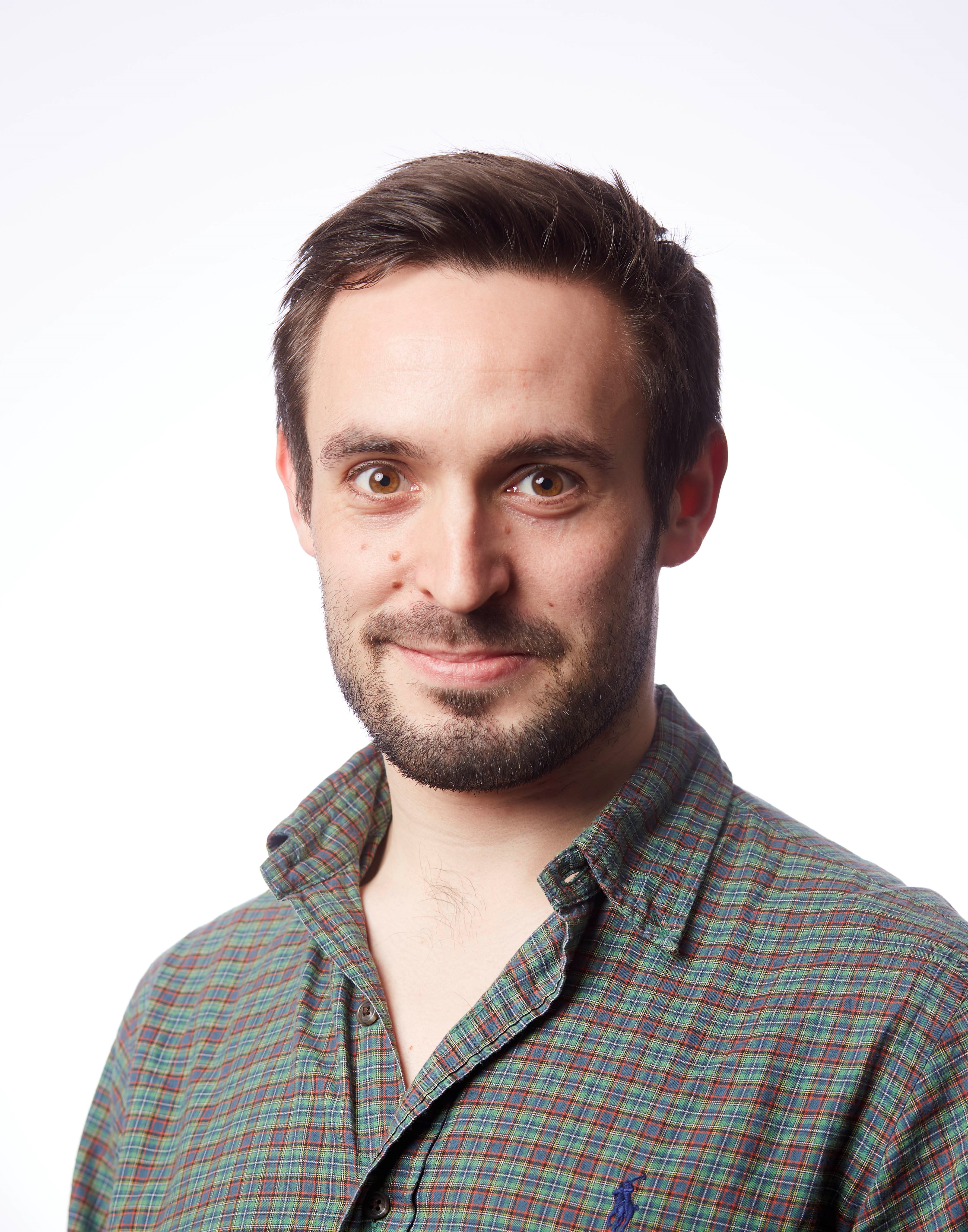 |
Lewis Blunn Lewis joined the Met Office in 2021 after a postdoctoral position with Prof. Sue Grimmond at the University of Reading. He earned his PhD at Reading (2016–2020), where he researched boundary-layer turbulence and pollutant transport in cities, and holds an integrated Master’s in Physics from the University of Manchester. Before academia, he worked as a geophysicist on seismic data. His contributions support WMO’s Urban Prediction efforts by advancing operational tools for sub-km forecasting that meet the growing needs of climate-vulnerable cities. |
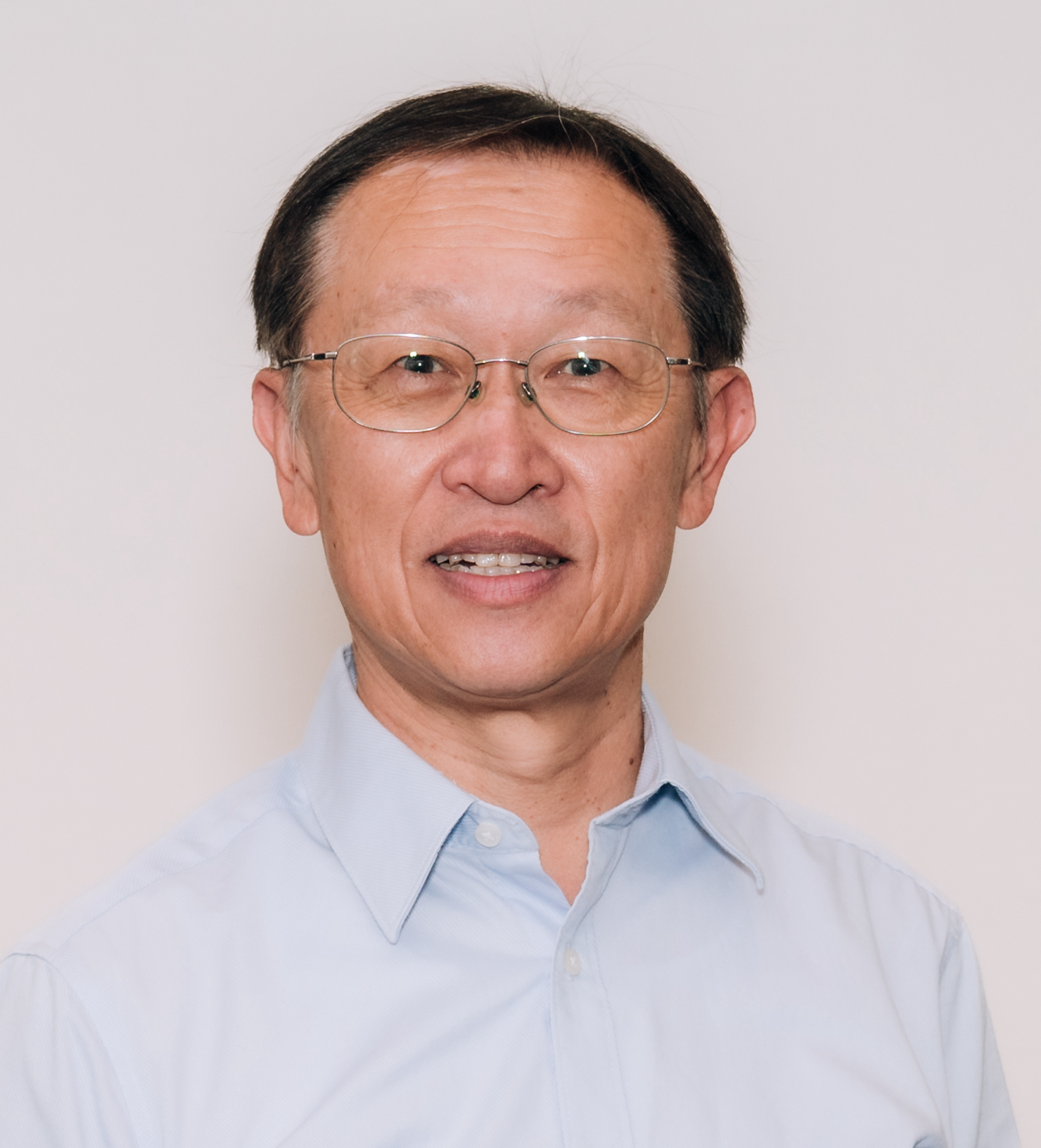 |
Fei Chen |
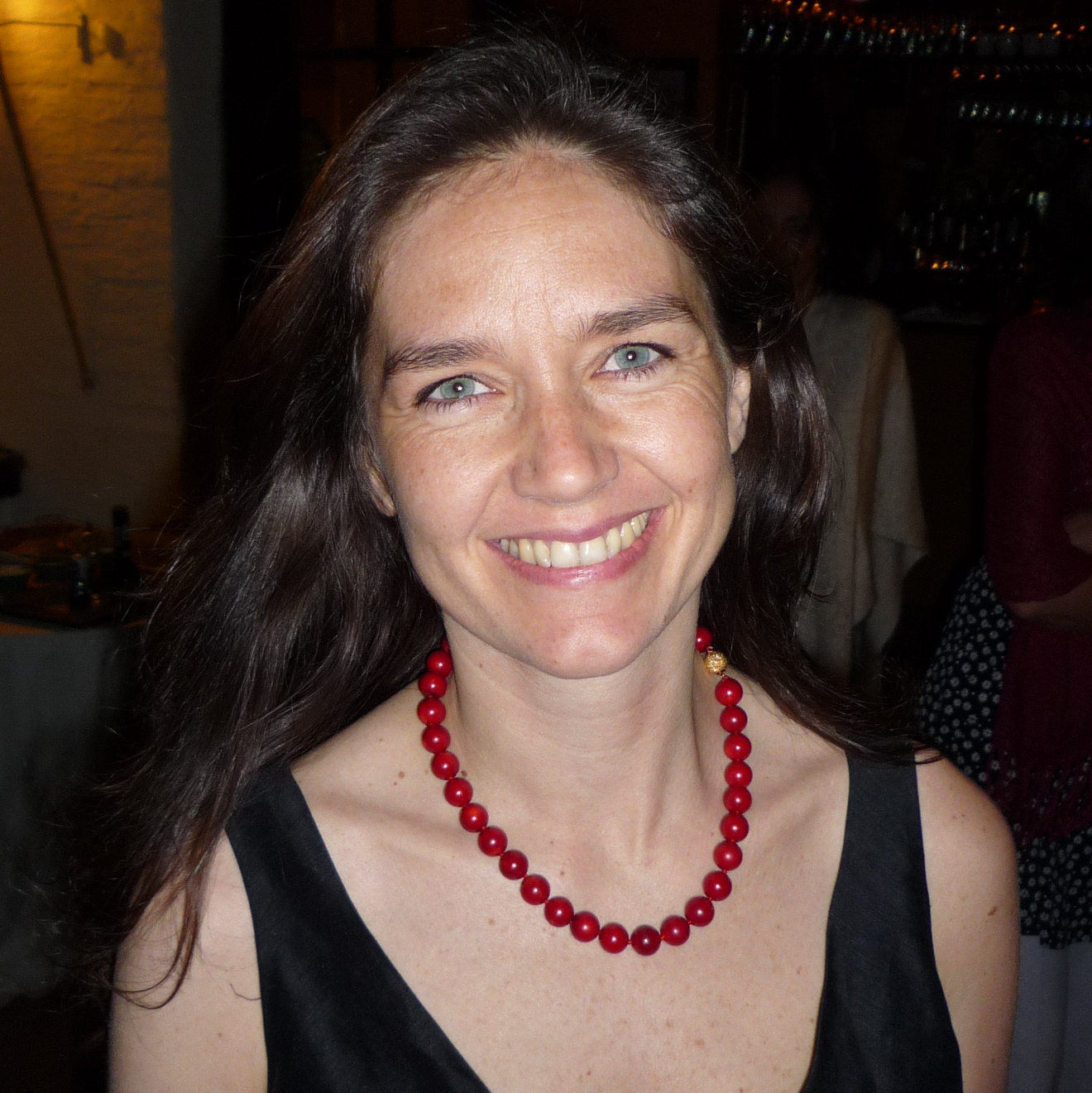 |
Soledad Garcia Ferrari |
|
|
Clement Hau Before his promotion to Chief Underwriting Officer in 2024, Clement held several senior positions within Zurich Insurance (Hong Kong). He served as the Head of Retail Services, where he was responsible for the retail property and casualty (P&C) businesses. Prior to that, he led the Retail Business Center, Distribution Hong Kong, focusing on enhancing the company’s distribution models and developing go-to-market strategies for various lines of retail general insurance. As an industry veteran, Clement actively contributes to the insurance community. He has held multiple public posts, including Chairman of the Hong Kong Federation of Insurers’ Fire Insurance Association and a member of the General Insurance Council since 2019. Additionally, he has been a Committee Member of the Insurance Industry Training Advisory Committee (ITAC) hosted by the Education Bureau since 2020. Clement holds three master’s degrees: a Master of Applied Business Research, a Master of Science in Fire Safety Engineering and a Master of Science in Actuarial and Investment Science. |
 |
Joy Lee Ms. Joy LEE is a civil engineer by profession and is a senior engineer in the Land Drainage Division of the Drainage Services Department where she leads the Climate Change Section. Her responsibilities encompass the planning of drainage systems and blue-green drainage infrastructure, reviewing system performance, formulating drainage improvement measures, overseeing R&D initiatives, and managing climate adaptation strategy. Leveraging her extensive experience in drainage infrastructure, she leads a dedicated team in formulating a comprehensive and multi-pronged integrated flood management strategy to address flood risks caused by extreme weather. Her work is instrumental in promoting greater flood resilience for the community. |
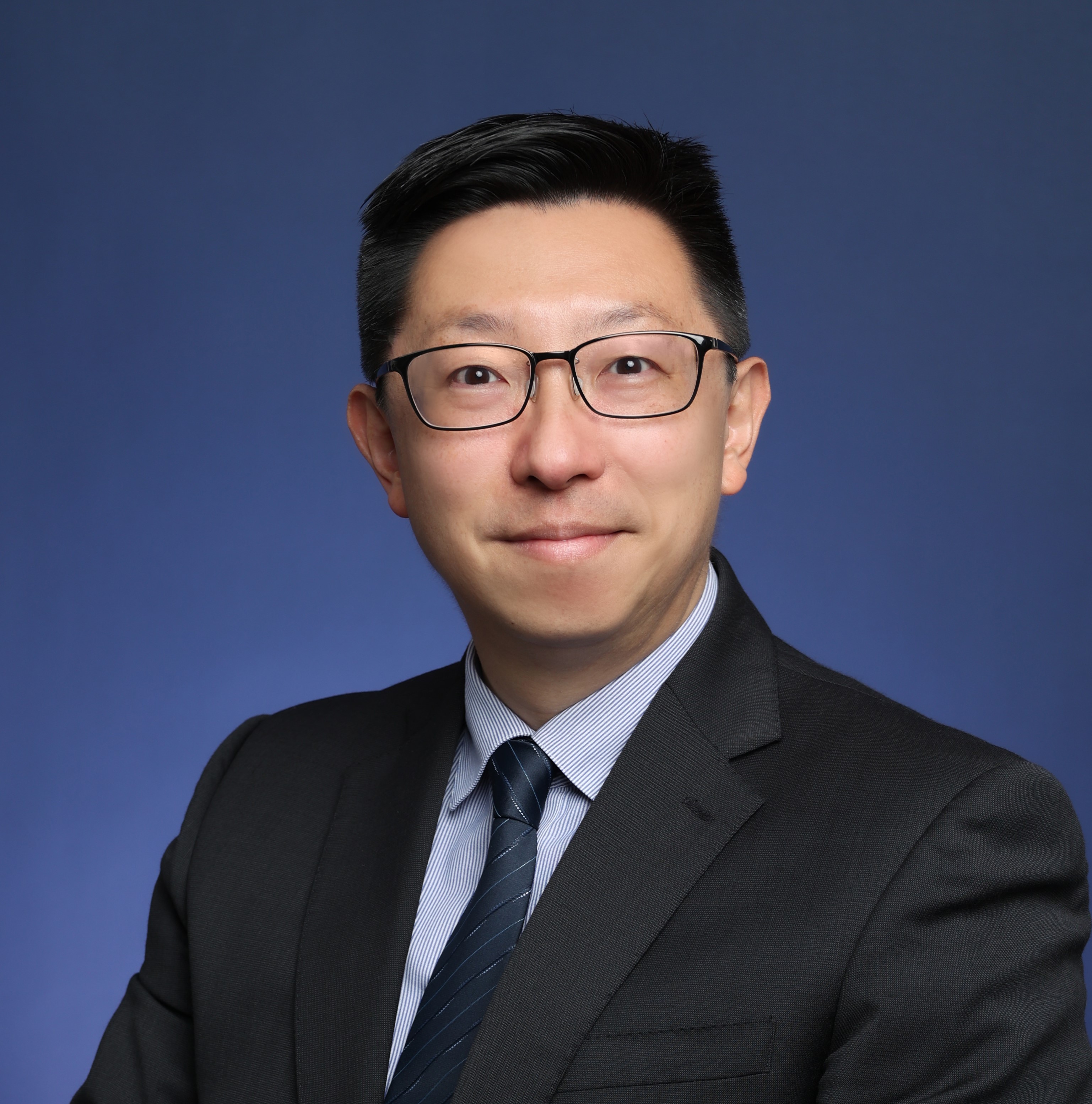 |
Simon Ng Mr Simon NG is Chief Executive Officer of Business Environment Council. He works closely with BEC Board of Directors in setting and implementing organisation goals and strategies conducive to supporting BEC members and the wider business community in the transition towards net-zero economy and a sustainable Hong Kong. Mr NG runs BEC’s daily operations, leads BEC’s policy contributions, and ensures BEC’s continuing relevance in bringing and creating value to its stakeholders and the community at large. He is also the Vice-Chair of BEC’s three Advisory Groups. Mr NG has over 25 years of experience in academic and policy research, project management and stakeholder engagement. In particular, Mr NG is known for his ground-breaking work on ship emissions inventory and evidence-based control policy in Hong Kong and the Pearl River Delta, and his instrumental role in the Fair Winds Charter – a voluntary business initiative to reduce ship emissions. Before taking the CEO position, Mr NG was BEC’s Director of Policy & Research for 3 years. Prior to joining BEC, he was Chief Research Officer of a Hong Kong based think tank, and held teaching and research positions in several local universities. Currently, Mr NG is a Member of the Advisory Council on the Environment of the Hong Kong SAR Government, and represents BEC in the Harbourfront Commission. Internationally, Mr NG is an Expert Member of the UNCRD Regional Environmentally Sustainable Transport Forum in Asia since 2006. |
 |
Chi-ming Shun In the international arena, Mr. Shun was President of the Commission for Aeronautical Meteorology of the UN World Meteorological Organization during 2010-2018, the first Asian elected to take up this high international position. He was also the Vice-Chairman of the Asia/Pacific Communications, Navigation and Surveillance / Meteorology Sub-Group, in charge of Meteorology, of the UN International Civil Aviation Organization during 2003-2009. After retirement, Mr. Shun has been active in popularization of science and meteorology, as a writer of books, columnist on climate change, and speaker for schools and professional bodies. He also co-organized HKUST’s Climate Adaptation and Resilience Conference (CARE2022). In May 2023, Mr Shun was appointed member of the Council for Carbon Neutrality and Sustainable Development |
 |
Eva Yeung Eva is the Chairperson of the IFRC Asia Pacific Community Resilience Community of Practice, Vice-Chair of the IFRC Disaster Risk Reduction Working Group, and the Core Group Member of the Asia Pacific Urban Community Resilience Hub, focusing on research and development relating to community resilience, urban development, disaster risk reduction and climate change adaptation. |
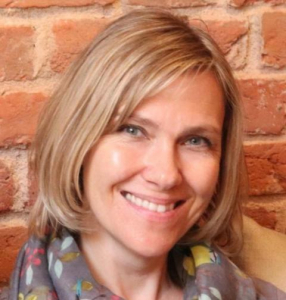 |
Olga Wilhelmi Dr. Olga Wilhelmi is a research scientist at the NSF National Center for Atmospheric Research (NSF NCAR) in Boulder, Colorado, where she works in the Research Applications Laboratory and leads the NSF NCAR’s GIS Program. Her research bridges urban climatology, disaster risk reduction, and societal applications of Earth system science. She focuses on human and geographic dimensions of extreme weather events in urban environments and on developing geospatial tools that integrate climate data into decision-making processes. Dr. Wilhelmi has led numerous interdisciplinary projects that link climate science with social and behavioral sciences, public health, emergency management, and urban planning. Her research group designed climate services that translate technical forecasts into actionable guidance for communities. She has collaborated with U.S. agencies, international organizations, and city governments to strengthen resilience to extreme heat, floods, and other climate extremes. Through her work at NSF NCAR, she has advanced approaches for understanding societal risks, vulnerabilities and adaptive capacities to weather and climate extremes and worked with communities and stakeholders on co-developing solutions for climate resilience. |
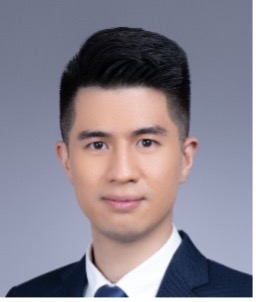 |
Ivan Wong Mr. Ivan WONG is a civil engineer by profession. He works in the Port Works Division of the Civil Engineering and Development Department, leads climate change studies including Critical Infrastructure Resilience Study, Frequency Analysis of Extreme Sea Level and Extreme Wind Study. He played a key role in updating the Port Works Design Manual, incorporating local climate projections such as sea level rise, storm surge increases, and wind speed increase, alongside design allowances under the Progressive Adaptive Approach. His efforts integrate research findings into practice, supporting the resilient infrastructural development of Hong Kong against climate challenges. |
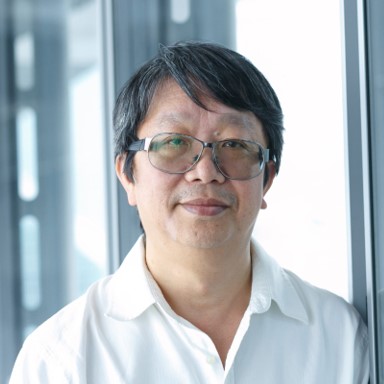 |
Alexis Lau Beyond academia, he works extensively with government agencies, professional bodies, and international organizations to advance environmental management and policy. He is currently a member of the Advisory Council on the Environment, a Scientific Advisor to the Hong Kong Observatory, a Fellow of the Hong Kong Meteorological Society, and the Vice-President and Chair of the Qualification Panel of the Hong Kong Institute of Qualified Environmental Professionals (HKIQEP). He has led major initiatives such as the development of the PRAISE-HK air quality and health risk platform and serves as the focal point of the WMO World Climate Research Programme MyClimateRisk Regional Hub for Southeast Asia. |
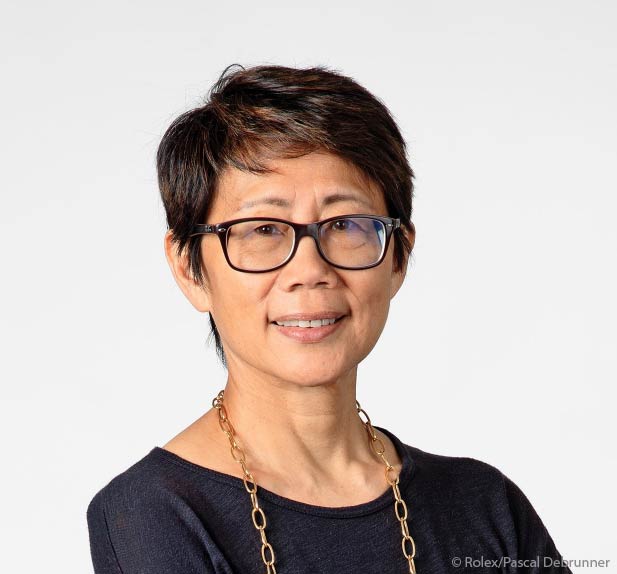 |
Christine Loh |

